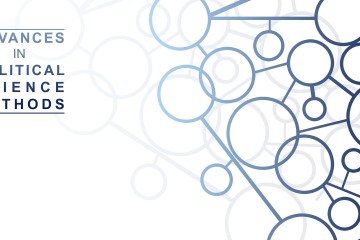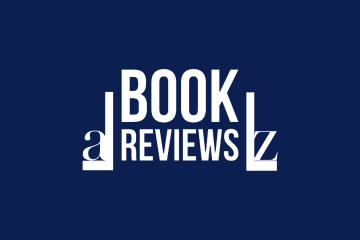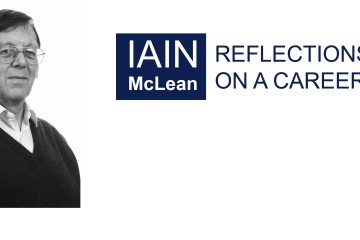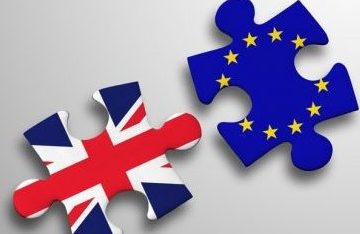
The Schadenfreude Candidate
Donald Trump is probably not a Manchurian candidate planted by Vladimir Putin to disrupt the American political landscape. That is just the latest attempt to explain how, of all people, the crude thrice-married billionaire from the outer boroughs became the Republican nominee for President of the United States. While the “Trump as Russian sleeper agent” theory is far-fetched, several well thought-out explanations have caught on. Too often, though, these fail to explain why Trump specifically became the standard-bearer of the GOP and stands a shot at winning the election. The jump from “what is happening” to “why him,” is key to understanding the Trump phenomenon. Bearing this in mind, I argue that Donald Trump is the candidate of schadenfreude. Not …

“I usually vote but I didn’t vote this time”: How to improve electoral surveys
How can we improve the quality of post-election survey data on electoral turnout? That is the core question of our recent paper. We present a novel way to question citizens about their voting behaviour that increases the truthfulness of responses. Our research finds that the inclusion of “face-saving” response items can drastically improve the accuracy of reported turnout. Usually, the turnout reported in post-election surveys is much higher than in reality, and this is partly due to actual abstainers pretending that they have voted. Why do they lie? In many countries, voting is a social norm widely shared by the population. In established democracies voting is considered a duty, and is part and parcel of being a “good citizen”. Public …

Data for Policy: Data Science and Big Data in the Public Sector
How can big data and data science help policy-making? This question has recently gained increasing attention. Both the European Commission and the White House have endorsed the use of data for evidence-based policy making. Still, a gap remains between theory and practice. In this blog post, I make a number of recommendations for systematic development paths. Research trends shaping Data for Policy ‘Data for policy’ as an academic field is still in its infancy. A typology of the field’s foci and research areas are summarised in the figure below. Besides the ‘data for policy’ community, there are two important research trends shaping the field: 1) computational social science; and 2) the emergence of politicised social bots. Computational social …

Brexit, voting, and political turbulence
Cross-posted from the Princeton University Press blog. The authors of Political Turbulence discuss how the explosive rise, non-normal distribution and lack of organization that characterizes contemporary politics as a chaotic system, can explain why many political mobilizations of our times seem to come from nowhere. On 23rd June 2016, a majority of the British public voted in a referendum on whether to leave the European Union. The Leave or so-called #Brexit option was victorious, with a margin of 52 per cent to 48 per cent across the country, although Scotland, Northern Ireland, London and some towns voted to remain. The result was a shock to both leave and remain supporters alike. US readers might note that when the polls closed, the odds on futures markets of Brexit (15 per cent) …

The Final Hundred Days: Conventions, Questions, and Conclusions
Fewer than 100 days. That is all that remains in what will, perhaps, go down as the most unpredictable American presidential election in at least a century. The candidates—Democrat Hillary Clinton and Republican Donald Trump—are the two most disfavored and distrusted aspirants for the office ever nominated by a major American political party. And yet, here they stand. An article I wrote in March attempted to forecast how Hillary Clinton’s campaign would seek to ‘win the narrative game’ by defining the election as a choice between unity and division, love versus hate, hope over fear, and the like. By any objective comparison of the 2016 Republican and Democratic National Conventions, it seems that Mrs Clinton and the Democrats are well …

Background Check on the UN
What is the United Nations? What does it do and how does it do what it does? Together with Sam Daws, Natalie Samarasinghe has recently co-edited a leading eight-volume reference text on the United Nations – The SAGE Major Work on the United Nations. It is dedicated to the structures and the role of the UN over the course of its history and at the present juncture. In this Q&A, Natalie Samarasinghe, Executive Director of the United Nations Association (UNA-UK), responds to the questions of Oxford graduate Genevieve Woods.

Scotland After the Independence Referendum: An interview with Jim Gallagher
In this interview, Jim Gallagher discusses the political and constitutional issues arising from the 2014 Scottish Independence Referendum. Professor Jim Gallagher was senior advisor to the Prime Minister on devolution strategy (2007-2010) and was Secretary of the Calman Commission on Scottish Devolution. He is Visiting Professor at the University of Glasgow and Associate Member at Nuffield College, Oxford. An expert advisor to the Scottish Parliament, he was appointed to advise the committee considering the Scotland Act 2016. (The interview was recorded before the UK’s EU Referendum on 23 June 2016.)

The EU Negotiation: Going for Win-win-win
The optimum way for the United Kingdom to exit the European Union is by leading a reform of the European Economic Area (EEA). Could this deliver what the Leave voters want? If it could, why would the other 27 EU members ever agree to it? I argue that it could and they may. This outcome is by no means certain and, as in any negotiation, we need a second-best alternative in reserve, but we can only achieve the optimum answer by setting out now to get it. Win-win-win Prime Minister Theresa May has been very clear about adhering to 52% of the electorate that voted for Brexit: she will lead the UK out of the EU. She has also vowed …









